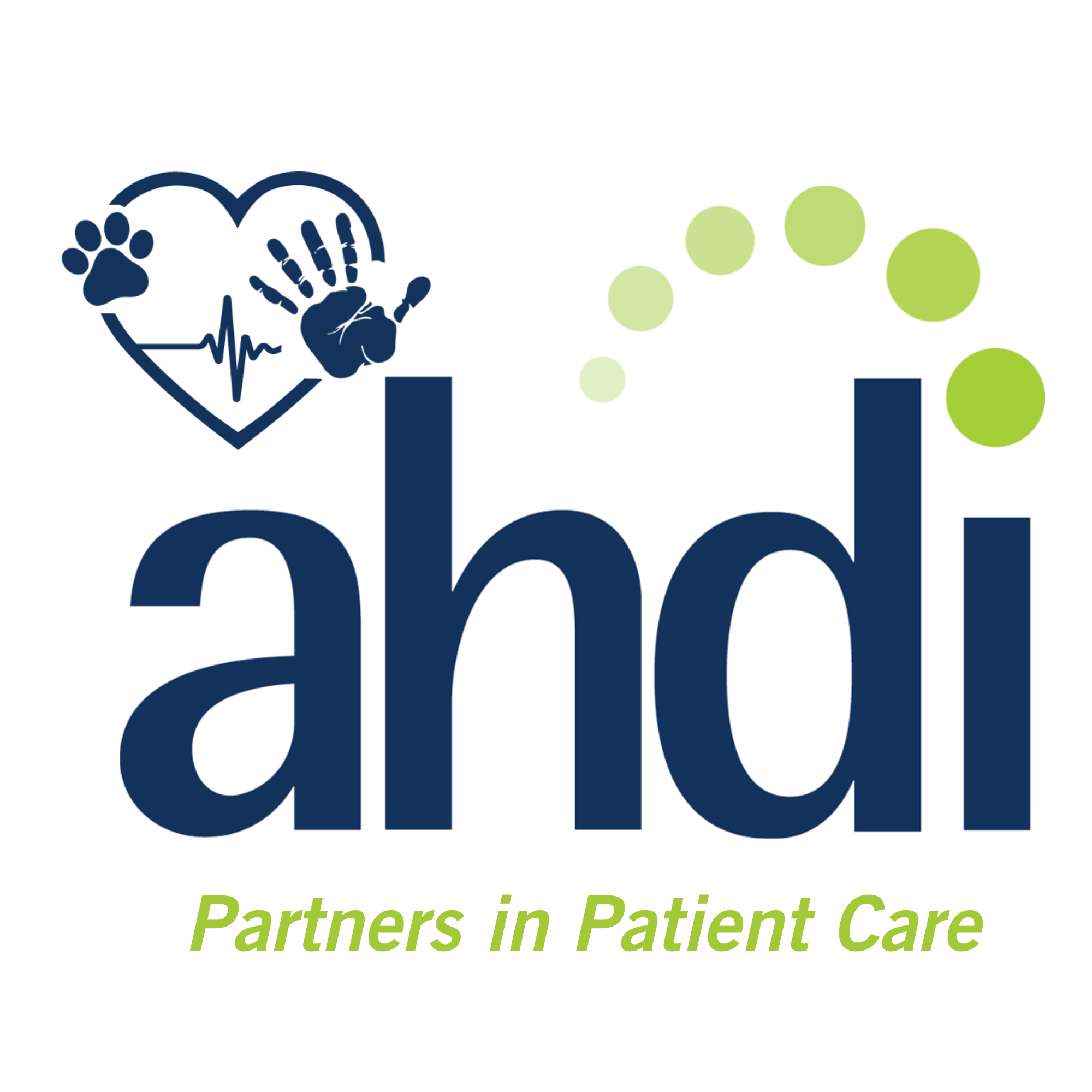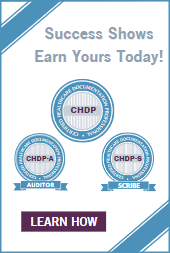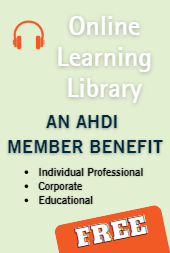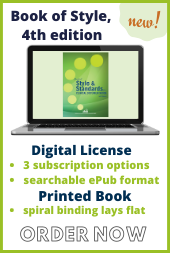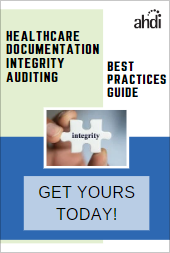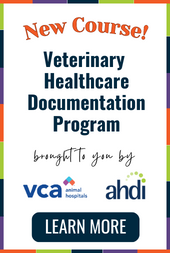Roles and Value of Healthcare Documentation Specialists and Equitable Compensation Practices
AHDI Position Statement
Introduction
A dramatic transition is taking place in health care with the widespread adoption of electronic health records (EHRs) and the concomitant transition from paper to electronic transactions. AHDI understands and supports the critical importance of a nationwide adoption of this technology, but it cautions that technology deployment alone is not sufficient to achieve the many goals set forth for the U.S. healthcare system. A human interface is needed to make the technology work optimally—and that human interface is already in place among the existing strong infrastructure of skilled healthcare documentation specialists. These professionals are experienced in accurately capturing the patient’s story at the level of detail needed today and well into the future.
AHDI asserts that clinicians need choices in methods for clinical documentation and data capture based on individual practices and patient needs. As healthcare reform brings a huge influx of patients into the system, a critical shortage of physicians is projected. With existing patient populations expanding, chronic diseases advancing, regulatory compliance rising, and documentation specificity increasing, physicians can become overburdened with the responsibility of voluminous documentation when they are needed for patient care. Clinical decision-making and physician resources are more efficient when clinicians are not limited to self-initiated data capture.
Healthcare documentation specialist is an umbrella term that includes medical transcriptionists, speech recognition editors, QA specialists, and a variety of other roles in clinical documentation and data capture. These professionals bring a wealth of knowledge, skills, and experience to patient documentation. This diverse pool of highly skilled knowledge workers is ideally suited to help providers and healthcare organizations continue to document the unique circumstances of each individual patient through a wide variety of well-established interface solutions that work well with EHR technology.
The healthcare documentation specialist understands medical language, clinical practice, data integrity, and the basics of health information technology, with credentials attesting to that expertise. Healthcare documentation specialists’ body of knowledge is vast and includes pharmacology, human disease process, anatomy and physiology, and diverse technologies used to capture health data. Furthermore, the healthcare documentation specialist understands the requirements of HIPAA and HITECH, workflow, and processes, and partners with physicians in clinical documentation. Compensation must reflect the skilled contributions, breadth and depth of knowledge, education, experience, and credentials of the healthcare documentation specialist whether working within a facility, contracting with an outsourced service provider, or as an independent contractor/consultant.
AHDI’s Position
The goal of improved patient safety and outcomes is well accomplished with integrity and commitment to accurate, complete, and timely healthcare documentation. For healthcare documentation specialists, transitions from traditional medical transcription to roles in the EHR and speech recognition technology must include a stepped approach in training and compensation. Compensation of healthcare documentation specialists needs to reflect the role they are serving in, the value of their training and expertise, and their critical role in patient safety.
AHDI calls upon industry, government, and academic leaders to acknowledge the many contributions of healthcare documentation specialists and address the potential shortages of these professionals by:
- Bringing a laser-sharp focus to the essential component of healthcare documentation.
- Supporting the continuing education of healthcare documentation specialists moving into new roles and new processes of documentation.
- Hiring trained and credentialed healthcare documentation specialists for current and future roles.
Healthcare documentation specialists are a valuable resource and partner in facilitating successful transitions to speech recognition technology and the EHR. This workforce is well-positioned to identify important quality issues around changes in the process of healthcare documentation. They are subject matter experts who can work with providers to create best documentation practices.
Speech recognition technology works best with an expert healthcare documentation specialist who is able to accurately capture what is being dictated without making structural or major formatting customization changes. The technology learns through the repeat process. Conversely, when customized formatting is used that significantly differs from what is dictated and in the order dictated, a speech engine will not optimize and qualify that provider’s voice as quickly.
We are at a place where technology and skill sets must come together with a compensation model that more readily acknowledges the many attributes of the professional healthcare documentation specialist who is behind the scenes working to ensure that every patient’s document is accurate. In addition, future roles are becoming available where healthcare documentation specialists can perform quality checks on the overall required content of a patient encounter, and more. Accurate, detailed information for ICD-10 coding will be essential as the deadline for implementation edges nearer.
For these new roles, production-based compensation, commonly used in traditional medical transcription and speech recognition editing, is no longer appropriate or applicable. Compensation models for healthcare documentation specialists must be developed to reflect the wide variety of skills and knowledge required to perform the job duties and related tasks.
Rationale
Not only do healthcare documentation specialists have excellent skill sets in performance improvement and quality documentation, they also have knowledge in healthcare privacy and data security. Healthcare documentation specialists, in partnership with clinicians, are the guardians of documentation integrity. Healthcare documentation specialists are at the front lines of patient safety and risk management. They optimize clinician time, coding, and revenue efficiencies by validating accurate and complete documentation early in the health information management continuum, providing a critical foundation for data integrity.
The healthcare documentation specialist possesses leadership, management, and medical knowledge that can be utilized in many different areas of an organization. As well, a credentialed workforce demonstrates commitment to life-long learning and can enhance an organization’s fiscal outcomes through quality documentation.
Healthcare documentation specialists provide front-line document risk management, monitoring documents for:
- wrong patient/wrong content (demographic mismatches);
- wrong provider name;
- wrong dates of service;
- incorrect work types;
- medication dosage errors;
- right/left, male/female inconsistencies;
- medical contradictions; and
- other missing elements and speech recognition errors.
The healthcare documentation specialist is a critically valuable resource today and tomorrow: educated, flexible, and a long-time member of the health information and technology team ready to evolve with the future of healthcare documentation.
Healthcare documentation specialists embrace and adapt to change, having altered the way they work by adapting to technological, environmental, and workflow changes over the last 30 years. Historically, this is a flexible and resilient group of skilled workers in the healthcare sector.
